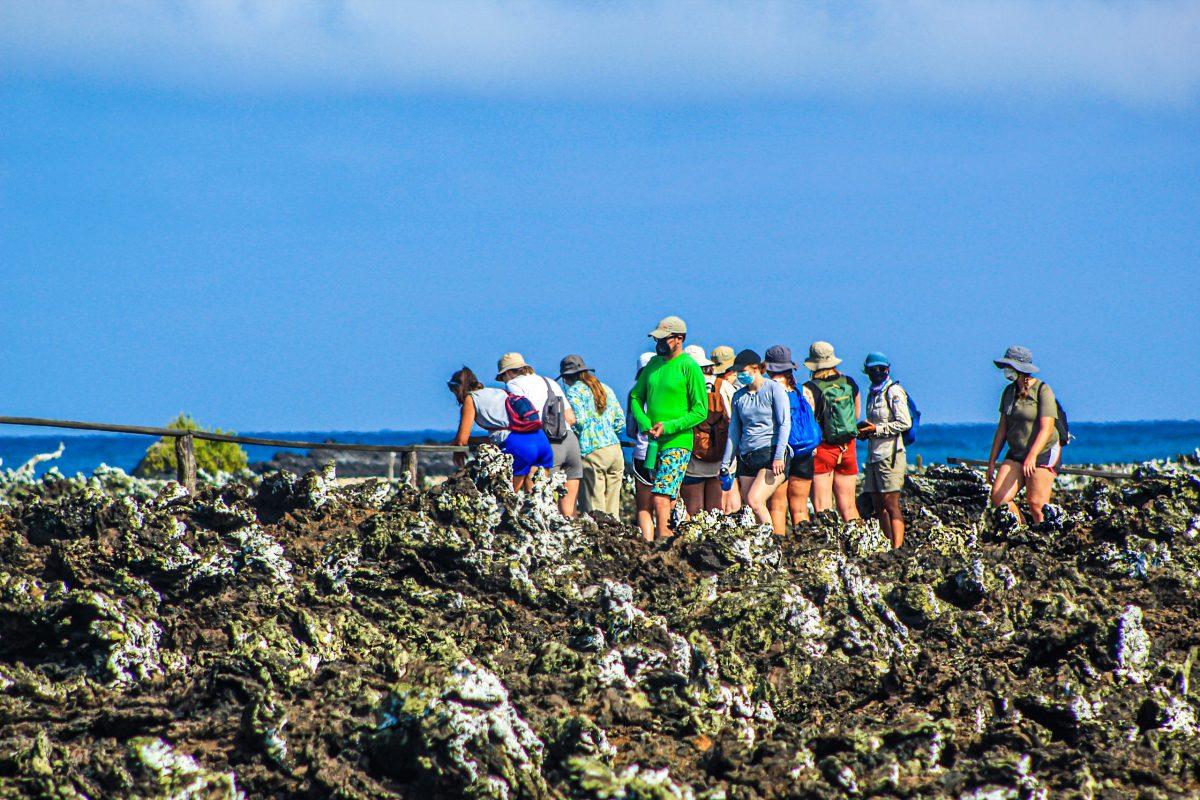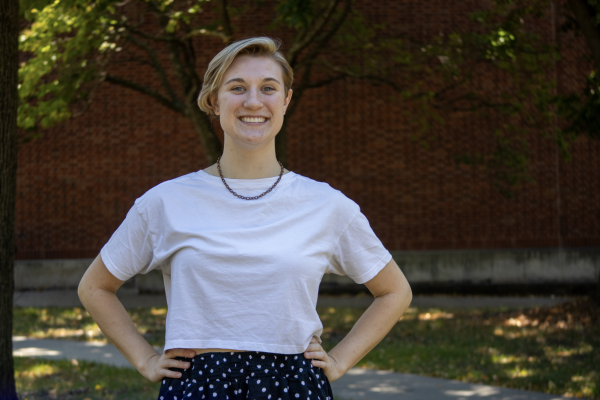Dragging suitcases and bearing vaccination cards, January Term students departed for their destinations of Ecuador, Hungary, Costa Rica and many more. Because of COVID-related restrictions on international travel, one or two students would not be immediately joining the others on their originally planned flights, and one particular group of students was bound for Costa Rica rather than New Zealand.
Besides those few caveats, however, the students were set to spend a few safe and educational weeks abroad.
“Drake went into the programs knowing we had mitigated risks and prepared contingency plans to the best of our ability,” Executive Director of Global Engagement and International Affairs Annique Kiel said in an email. “Ultimately, institutional leadership felt very confident the trips could proceed with minimal disruption even in the instance of positive COVID cases.”
For some of the students on Drake’s J-Term travel seminars, however, COVID had other plans. Of the 122 students who participated in Drake’s travel seminars, three students tested positive prior to leaving the U.S., seven students tested positive during their programs and six tested positive while testing to re-enter the U.S. Combined, these figures amount to an overall positivity rate of 13.9 percent for students and program leaders.
Sophomore Tori Oliver tested positive a couple of days before her departure date from Hungary and was quarantined in her hotel room for five days. Senior Taylor Vroman arrived in Ecuador three days after the rest of her group because she tested positive before her expected departure.
“You just have no control over anything,” Vroman said. “It was a very weird time. I had never had COVID before that I knew of, and this was the most important time to test negative.”
Despite precautions, several students tested positive upon trying to either leave or return to the country. Of the three students who tested positive prior to departing the U.S., only one student was permitted to join the seminar group after testing negative, Kiel said.
Vroman was able to join her classmates on Jan. 7, three days after the rest of the group. However, due to the last-minute flight rescheduling, Vroman paid more than $300 in additional fees.
“I was really lucky to test negative so soon and to be able to fly out and join them,” Vroman said.
Though her program was conducted through an external organization rather than Drake, Oliver was one of multiple students who were stranded abroad. Oliver had decided to register for the travel experience in Hungary after COVID restrictions forced Drake to switch the location of the seminar she had originally signed up for from New Zealand to Costa Rica. She said she and her roommate, who also tested positive, had groceries and medications delivered to their hotel room door for the duration of their quarantine.
“The hotel was very, very accommodating,” Oliver said. “I’m not sure that the places in the U.S. would have done that. [The hotel] staff went out and ended up buying my cold medicine and bringing it back through an elaborate process of email and links and pictures.”
Some students and a program leader who participated in Drake’s theatre history seminar in London also had their departure plans derailed after three students’ re-entry tests came back positive, Kiel said. Following a five-day quarantine, students who tested positive were required to test negative twice within a 24-hour period in order to be released.
After testing positive again on the fifth day of quarantine, junior Jay Dichter spent an additional week in London past his expected departure. During part of this time, Dichter engaged in his classes virtually, despite time zone differences. Oliver also attended online classes while quarantining in Hungary.
“I’m lucky [many classes] were 8 a.m. here, so it was about 3 p.m. there, but I do have a class that I got out of at 11 p.m.,” Oliver said. “[It] was a little tough to do stats at when I wanted to go to bed.”
In 2020 and 2021, Drake suspended all international J-Term travel seminars due to COVID concerns. With the virus still casting a shadow over travel opportunities—especially international travel opportunities—all participants in this year’s 10 international and domestic travel seminars were required to be fully vaccinated and boosted. Additionally, participants needed to submit a negative COVID result prior to boarding their flight.
“Drake’s decision to test all international participants was a risk mitigation effort, in part due to the fact that entry requirements for countries were changing daily and any country could add a negative test as a requirement for entry at the last minute,” Kiel said.
As the departure dates for the study abroad J-terms approached, Drake was closely monitoring the COVID situation in each respective country, Kiel said. So when a testing requirement was implemented on Dec. 6 for travelers in-bound to the U.S., Drake arranged for the students on all of the travel seminars to receive free testing while abroad.
“Drake covered the cost for testing it arranged and provided on behalf of the program participants,” Kiel said.
Despite multiple rounds of COVID testing and occasional delayed arrivals or extended stays, each of the students said they would recommend their travel seminar to interested students.
“It was an amazing trip,” Vroman said. “I mean, the Galapagos is any environmental scientist’s dream place to go.”
Maria Heath contributed reporting.








